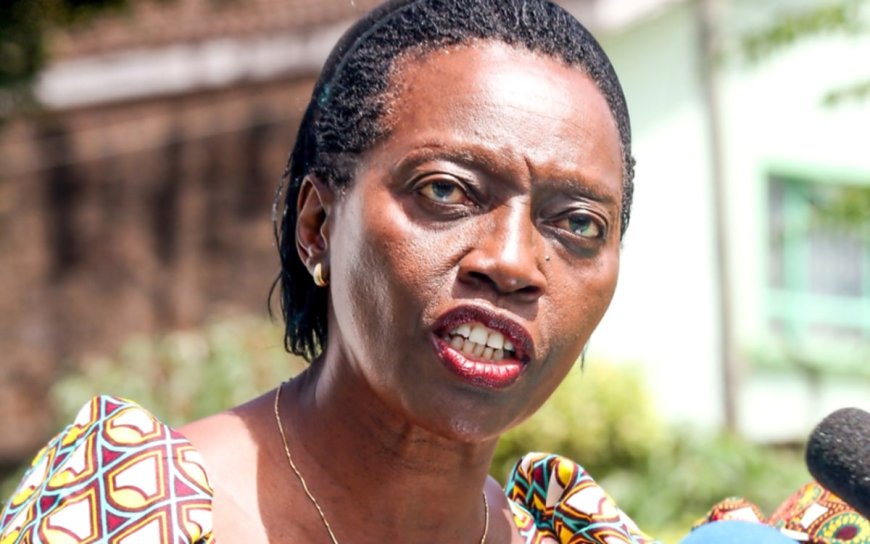Martha Karua criticizes government, calls for comprehensive free education

By Robert Mutasi
Martha Karua, the NARC Kenya party leader, said a serious revolution should be witnessed in Kenya's approach to education.
The NARC Kenya party leader, while speaking at a public function, expressed enthusiasm over former accomplishments in education reforms and lashed out at the current administration for mishandling the sector.
In retrospect, Karua hailed the legacy of President Mwai Kibaki for his pioneering policy of free primary education that opened classroom doors to millions of children who would not have attended school.
"Kibaki's free primary education turned the corner, putting in school many children left behind," Karua said.
That paved the way for more reforms like the partial subsidization of secondary education introduced during the presidency of Uhuru Kenyatta and his deputy, William Ruto.
However, Karua lamented that such efforts had not been advanced during the regime of President William Ruto.
According to her, instead of continuing with what was established, Ruto's government was engaged in perceived ways of demoralizing the education system.
"By now, we should be talking about free education from kindergarten to university level," she said.
Karua emphasized that expanding educational opportunities at every level is crucial toward attaining both social equity and economic development.
The sharpest criticism came from the NARC Kenya leader in her likening of how the administration handled education to the destructive behavior of locusts.
"Ruto and his administration have behaved the way locusts behave when they descend on greenery. They consume everything and leave nothing," stated Karua.
She accused the government of eroding gains that had been made in the education sector while failing in reforms that could ensure a more inclusive system.
The call for comprehensive free education by Karua rhymes with broader debates on education funding and accessibility in Kenya.
Those for its extension to secondary and tertiary levels say this will ensure that more young people are equipped with the needed skills in the job market and help reduce poverty.
However, those who have been critical of such proposals say this will pose a budgetary constraint and challenge in sustaining quality with expansion.
What's Your Reaction?



































































































































































































































































































